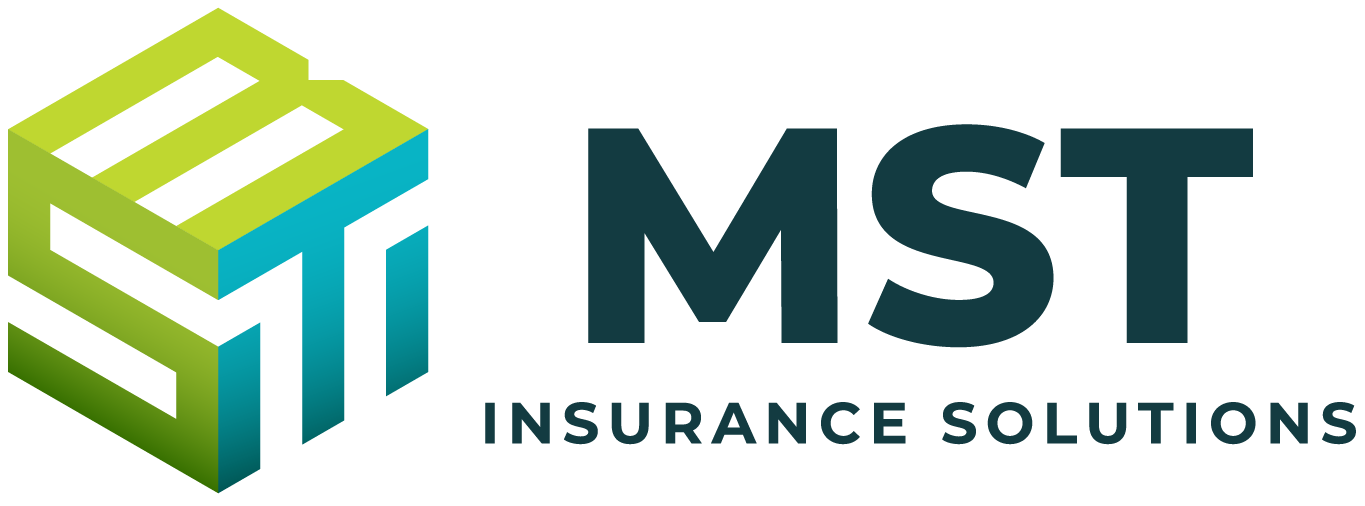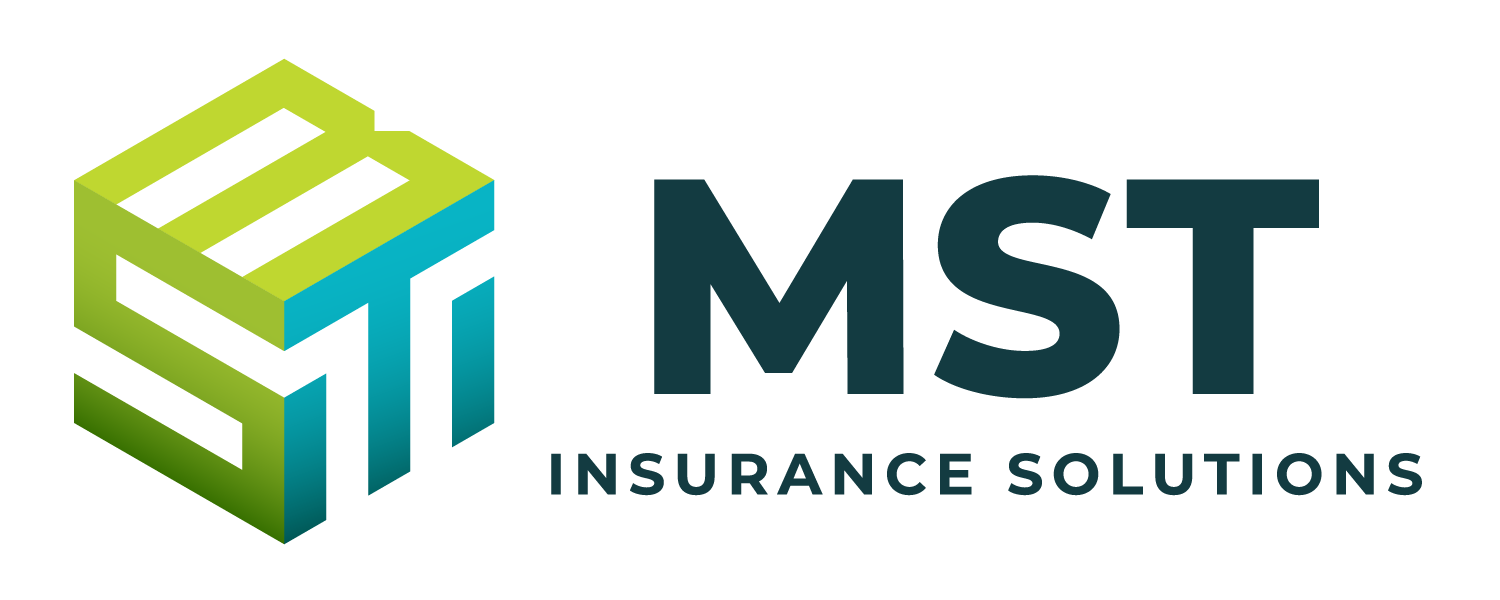The Great Resignation took over 2022, and in order to attract and retain employees, especially diverse employees, the key will be to include DEI in culture and in benefits.
Here’s what industry thought leaders think will happen in the DEI space in 2023:
Establishing programs and cultures that support a healthy community
Today, forward-looking organizations have started leveraging their wellbeing program to foster community. Over the next several years, employers of all sizes will increasingly embrace this need and establish programs and cultures that support a healthier, more vibrant community inside and outside of the workplace.
Laura Walmsley, executive vice president and general manager of Virgin Pulse
Organizations will prioritize community over offices
Organizations are realizing we have too quickly traded away connection and community for the convenience of remote work. As a result, we will see a shift in business strategy – for both financial and cultural purposes – that focuses its investments on regular travel for remote workers to promote purpose-driven connectivity and community, instead of maintaining disparate offices.
People-first culture will become table stakes
With constant message overload about an economic recession and news of layoffs, investing in a people-focused culture — a robust benefits portfolio, talent retention, strong leadership — will be a business imperative. In the end, the foundational message must be about people, and HR leaders will home in on what employees want, making sure to consider the key factors that can lead to burnout and workplace dissatisfaction.
Megan Smith, head of HR at SAP North America
Focus on mental health and self-care will be a mainstay
What COVID has taught many employers is that there’s more to employee happiness than just pay and PTO. It’s taught many businesses to gauge the level of accessibility that employees have to wellness programs and opportunities to disconnect. With the economy in a rough shape, HR teams will have to consider how to incentivize employee satisfaction where pay raises may not be an option.
Jamie Coakley, SVP of People, Electric
A more holistic focus on wellbeing will continue
Stress, isolation, and financial worries all affect a person’s sense of wellbeing and contribute to the continuing epidemic of anxiety, depression and other mental health challenges. Employers need to review, update and better integrate and promote wellness resources beyond physical health, including mental and emotional wellbeing, along with financial and social dimensions, and even others such as environmental or spiritual. While this emphasis isn’t new, the appreciation for the interconnected nature of these dimensions will continue to grow.
Ruth Hunt, Principal, Engagement Practice, Buck
Benefits designed to drive DEI
DEI leaders will be putting more pressure on CHROs to create benefits that drive DEI. Even with pay equity, the situations of women and people of color are vastly different and they need to be targeted in benefit design, not just in basic vendor requirements for multi-language support and more culturally-sensitive benefits communications.
Employers will in particular take a look at how their financial benefits contribute to harming the diversity of their workforce. Given that men are nearly 50% more likely than women to consider themselves financially healthy and that the median Black household has only about one-eighth of the wealth held by the median white household, providing just retirement and financial planning with Certified Financial PlannersTM is bound to harm, not help workforce diversity, equity, and inclusion.
Tom Spann, CEO and co-founder of Brightside
Attract and retain a diverse workforce
The ethnic and racial diversity of Gen Z means that if companies don’t create an environment that attracts and retains a diverse workforce, they will be even more hard-pressed to access the talent they need. An inclusive workplace is often a more productive and engaged one, so companies will have to continue to invest in this space in order to find and retain great talent. DEI initiatives will need to be elevated within the organization and treated as a company-wide goal with measurable outcomes for which individuals are held accountable — in the same way they are responsible for achieving other work goals tied to business strategy.
Kristen Robinson, Betterworks HR Advisory Council
Prioritize and support financial wellness
In 2023, uncertainty surrounding national student debt forgiveness plans will exacerbate inequity in the workplace. Women and underrepresented groups carry disproportionately high amounts of student debt. Black students take on nearly 50% more debt than white students, while women carry about two-thirds of the nation’s total loan debt. And, with the recent spate of layoffs and hiring freezes impacting HR and DEI teams in particular, organizations are leaving some of their most in-need employees without critical support. Employers must ensure that they have benefits and programs in place that prioritize and support financial wellness – especially student loan assistance programs, which play an intrinsic role in supporting DEI.

